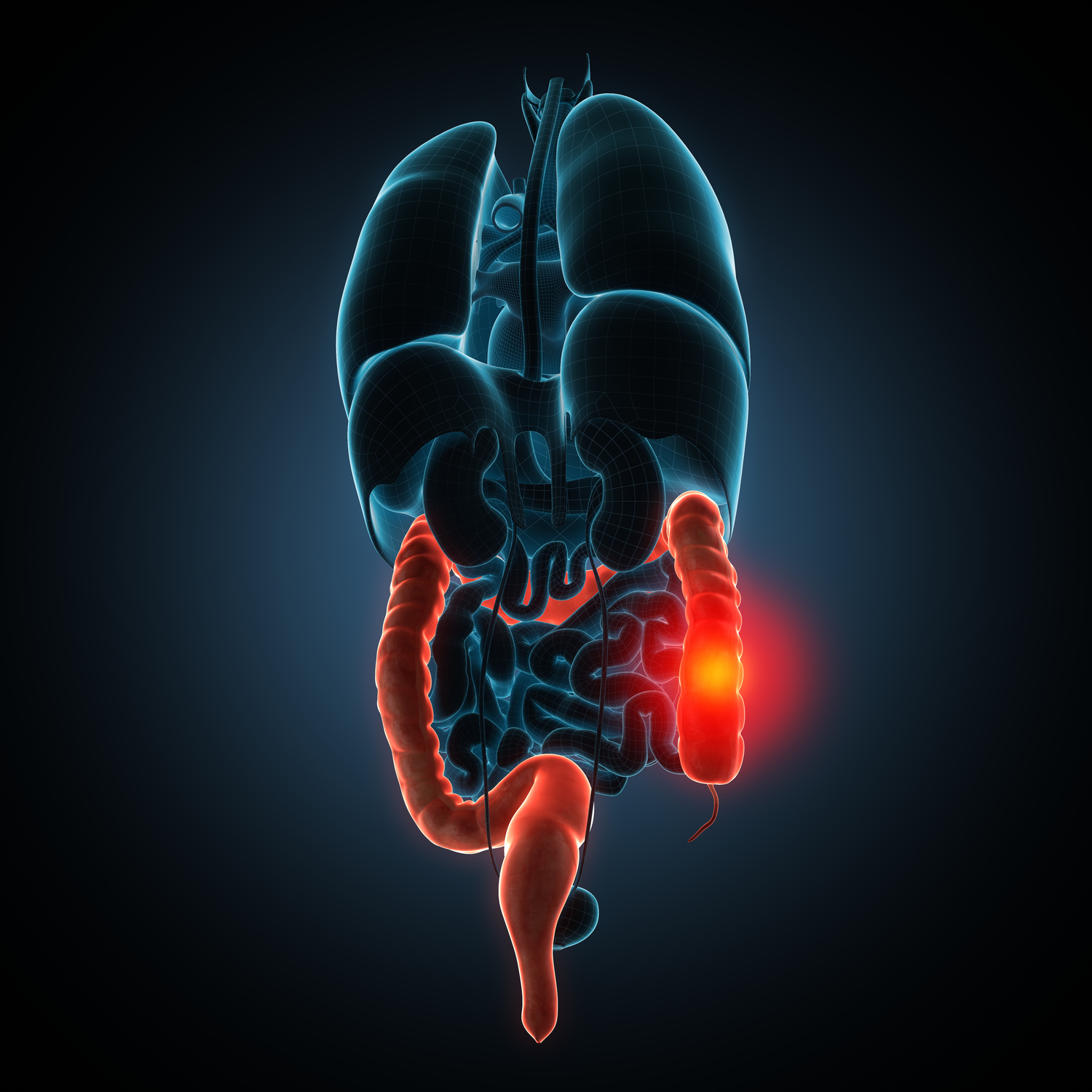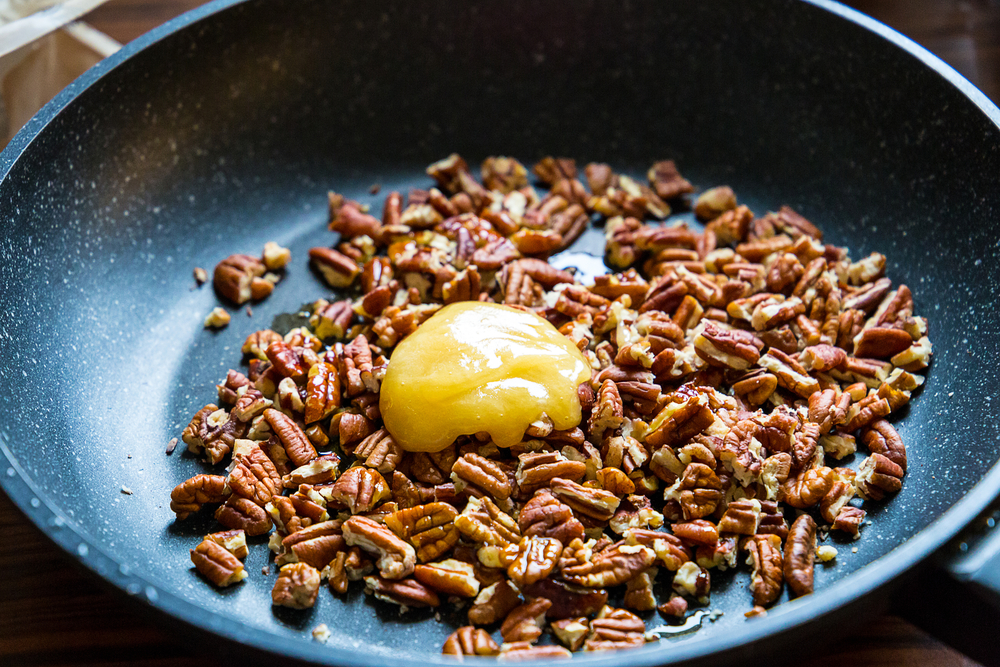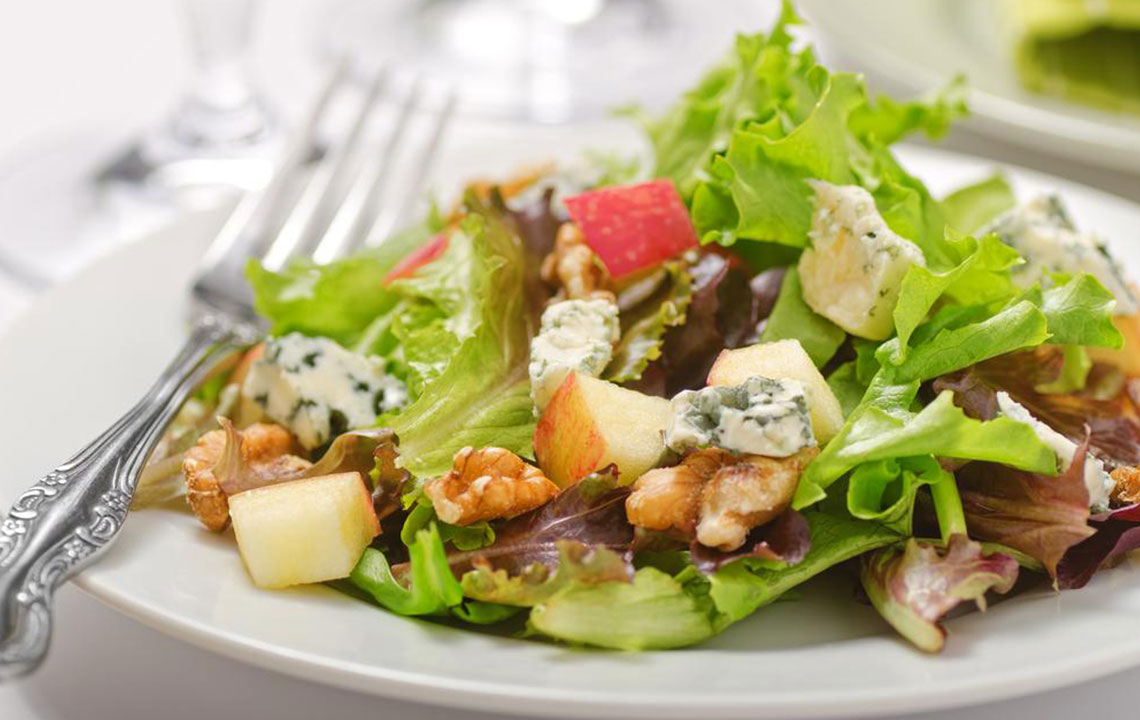Dietary Recommendations: Foods to Limit When Managing Colitis
This article outlines essential dietary guidelines for managing colitis, highlighting foods to avoid to prevent symptoms flare-ups. It emphasizes limiting gluten, alcohol, high-fiber foods, sulfates, nuts, dairy, caffeine, spicy, sugary foods, and chocolates. Proper diet management plays a vital role in controlling colitis and reducing inflammation, helping patients maintain better digestive health and reduce discomfort during flare-ups.
Sponsored

Foods to Limit for Effective Colitis Management
Ulcerative colitis is a chronic inflammatory condition affecting the colon and rectum, leading to symptoms like rectal bleeding, abdominal discomfort, and diarrhea. Flare-ups can be triggered by diet, making it essential to choose suitable foods. A diet low in fat, salt, fiber, and gluten is typically recommended. Certain foods may worsen symptoms and should be limited or avoided. Understanding which foods can provoke inflammation helps in managing the condition effectively.
Gluten-containing foods such as wheat, rye, and barley can cause allergies and exacerbate symptoms in sensitive individuals, especially those with gluten sensitivity or celiac disease.
Alcohol Drinking alcohol may irritate the gastrointestinal tract and intensify colitis symptoms. Limiting intake or avoiding alcohol altogether, especially on an empty stomach, can help reduce flare-ups.
High-fiber foods such as beans, peas, lentils, and fibrous vegetables might cause bloating and gas. Cooking these vegetables until soft and removing skins can make them easier to tolerate. Fruits with seeds, dried fruits, and raw fibrous fruits should be consumed cautiously; fruit juices, excluding prune juice, are often better tolerated.
Sulfates found in red meat, dairy, wine, beer, eggs, and cheese may promote gas formation and bloating by feeding bacteria that produce toxic gases. Limiting these foods can alleviate discomfort.
Nuts and Seeds like sunflower, sesame, pumpkin seeds, and nuts such as walnuts and cashews are difficult to digest and may cause digestive issues. A low-fiber diet often recommends avoiding these.
Dairy products including milk, cheese, butter, and yogurt can worsen symptoms, especially in those with lactose intolerance.
Caffeinated drinks like coffee and tea may irritate the stomach lining and trigger diarrhea, so they should be consumed sparingly or avoided.
Spicy foods containing chili, peppers, or other hot spices can cause severe irritation and should be limited to prevent symptom aggravation.
Sugary and chocolate products such as candies, sodas, and chocolates can worsen diarrhea and inflammation due to high sugar and caffeine content. Avoiding these can help control symptoms.






